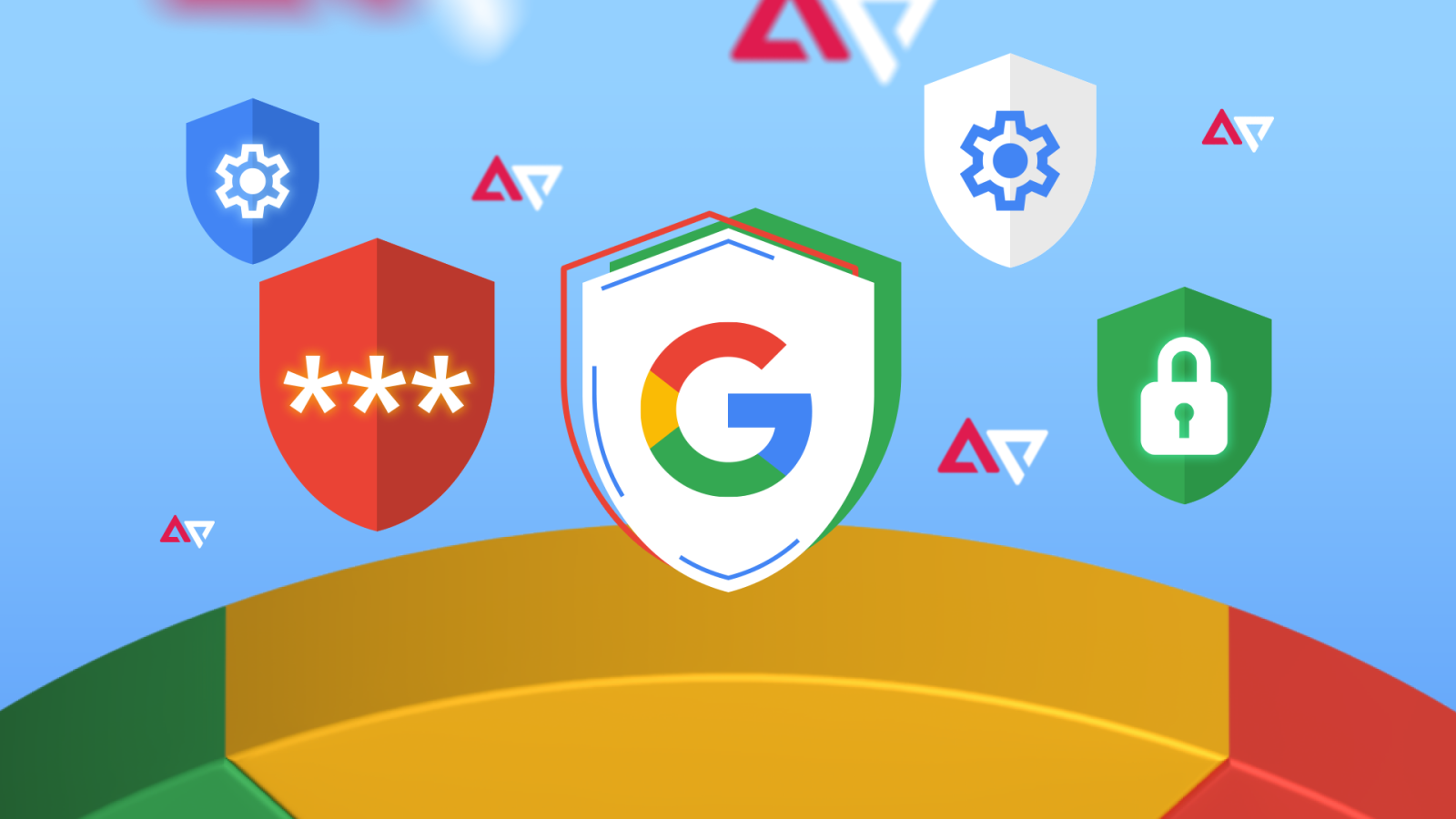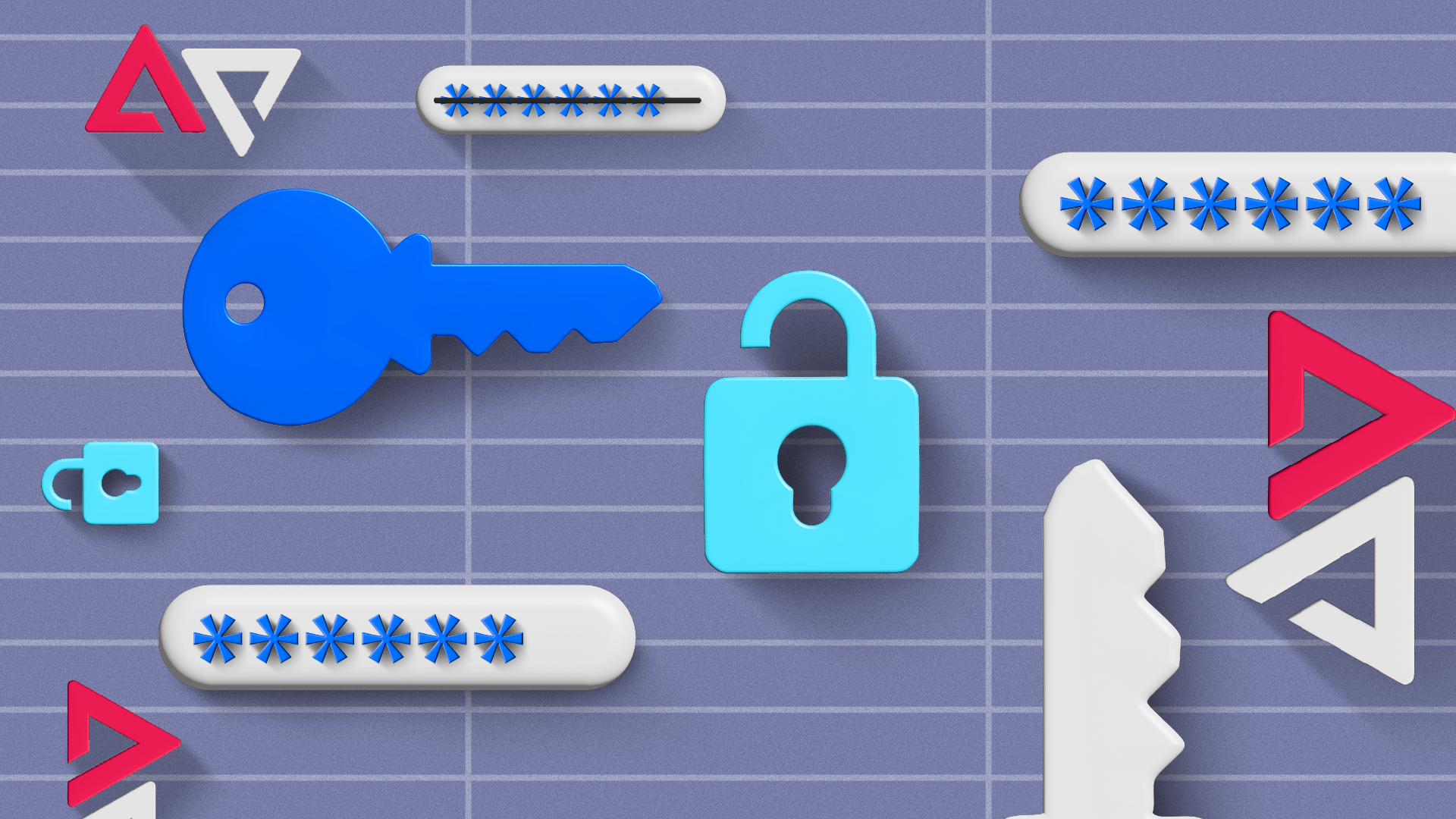7 Things You Should Immediately Double-Check In Your Google Security Settings

Contents
From emails, web history, endless search queries, to photos and personal information, your Google ecosystem and reliable smartphone hold a treasure trove of data you need to safeguard. Taking a few moments to review and adjust your Google security settings can strengthen your defenses against potential threats in no time. This post shows you how to double-check your Google security settings to ensure your digital life remains safe and secure.
7 Set up 2FA and passkeys
2FA goes beyond your password. It requires a second verification factor, something only you possess. This could be a one-time code generated by an authenticator app (recommended method), a code sent via SMS (avoid), or a biometric scan (such as fingerprint or face unlock).
Even if a cybercriminal obtains your password (through phishing, malware, or a data breach), they can’t access your accounts without that second factor.
- Visit your Google account on the web and sign in with your personal details.
- Go to Security and select 2-Step Verification.

- Pick a relevant method from the following menu and go through the on-screen instructions.

6 Remove connection to third-party apps and services
Do you often use Sign in with Google when signing up for an app or service? Over time, you may hook your Google account with dozens of such tools. While some connections are beneficial and trustworthy, others might pose security or privacy risks. Regularly reviewing and removing unnecessary connections is crucial for maintaining the integrity of your Google account.
- Go to the Security menu in your Google account on the web (check the steps above).
- Select See all connections below Your connections to third-party apps and services.

- Glance over the apps and services connected to your Google account. Select an unknown service or one you no longer use, and click Delete all connections from the following menu.

It’s one of the best account hygiene practices for your Google account.
5 Sign out from unknown devices
Regularly reviewing and signing out from these unfamiliar devices is a fundamental aspect of maintaining the security of your digital life. It unlocks unauthorized access to your Google account and the sensitive information it contains. This includes your emails, documents, photos, contacts, calendar, browsing history, saved passwords, and potentially linked financial information.
- Open the Security menu in your Google account (check the steps above).
- Select Manage all devices.

- Select a session that you don’t recognize. Click Sign out.
- Repeat for other apps and services.

4 Review your security activity
If you suspect your Google account was compromised, review your account’s security activity. It might indicate unauthorized access or suspicious behavior. It displays a recent app or device that was granted access to your Google account.
- Go to the Security menu and open Review security activity.
- Select a service.

- Click No, secure account, or confirm your identity.

Related
How to remove an old or unwanted Google account from your phone
It’s helpful to know when you’re selling or trading in your device
3 Manage your Google timeline
Let’s explore how to manage your Google Timeline and delete activity that is older than a specific time period. Google Timeline is a powerful feature that tracks your location history and other related activities. While it can be useful for understanding your routines, it raises privacy concerns for some users.
Regularly managing and deleting older data is a good way to balance the benefits and privacy considerations.
- Open your Google account on the web and go to Data and privacy.
- Select Timeline.

- Delete activity older than three months.

You can turn off the practice from the same menu.
2 Manage your web and app activity
Google tracks your searches, websites you visit, apps you open, videos you watch, voice and audio activity, and browsing history (if synced). Google uses this information to personalize your experience, provide faster searches, and make more relevant recommendations. Here’s how you can see and delete activity.
- Open the Data and privacy menu in your Google account.
- Select Web and app activity.
- Pick a service and delete activities from the following menu. You can also choose to auto-delete activities.

1 Delete a Google service
Google offers a suite of applications to choose from. If you no longer use a specific service like Blogger, you can delete your account from it. The company makes it easy to delete any service from your account.
- Open the Data and privacy menu and select Delete a Google service.

- Delete an irrelevant service from the following menu and confirm your decision.

Guard your Google
The security of your Google account rests in your hands. While Google provides robust security features, it’s up to you to actively engage with these settings and tailor them to your specific needs. What are you waiting for? Make these checks a priority, and create a more secure digital existence. If you use Android, check out these security settings to ensure peace of mind.
What’s your reaction?
Love0
Sad0
Happy0
Sleepy0
Angry0
Dead0
Wink0























Leave a Reply
View Comments